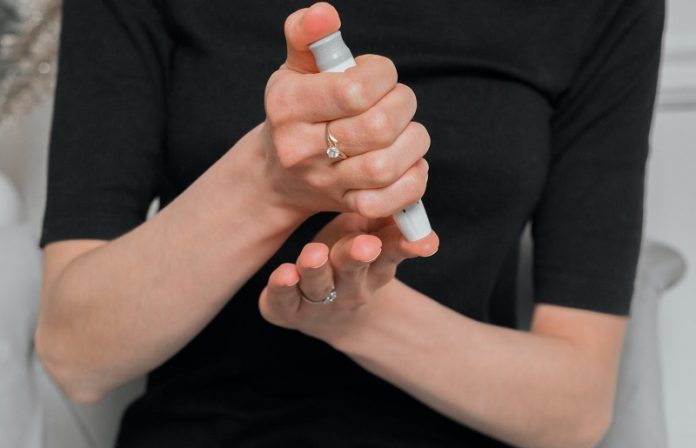
Obesity and diabetes are significant health concerns worldwide, leading to various health problems like heart disease and strokes.
While bariatric surgery provides a long-term solution for weight loss and diabetes remission, it is not suitable for everyone and carries risks.
Researchers are now exploring a new class of compounds that could offer similar benefits to gastric bypass surgery without the need for invasive procedures.
A recent study from the Queen Mary University of London demonstrates the potential of injectable compounds that reduce weight and lower blood glucose levels in lab animals, mimicking the effects of surgery without the side effects associated with current weight-loss and diabetes drugs.
Mimicking the Benefits of Surgery
The compounds work by mimicking the long-term benefits of surgery, which involve changes in the gut’s secretion levels of specific hormones that signal fullness, suppress appetite, and normalize blood sugar.
Existing drugs that aim to replicate these effects primarily activate cellular receptors for glucagon-like peptide-1 (GLP-1), but they often cause side effects that some people cannot tolerate.
To address this issue, researchers have designed treatments that interact with multiple types of gut hormone receptors.
The Promise of GEP44
Researchers at Queen Mary University of London created a peptide called GEP44 that activates two receptors for peptide YY (PYY) and the GLP-1 receptor.
In obese rats, GEP44 caused a significant reduction in food intake and an average weight loss of 12% in just 16 days.
Importantly, unlike the approved drug liraglutide, GEP44 showed no signs of nausea or vomiting in tests with rats and shrews.
The compound also increased energy expenditure, resulting in higher movement, heart rate, or body temperature. The researchers have developed a peptide with a longer half-life, requiring fewer injections per week.
Additional Benefits and Future Research
GEP44 not only reduces food intake but also lowers blood sugar levels by pulling glucose into muscle tissue and converting specific cells in the pancreas into insulin-producing cells.
It also reduces cravings for opioids, offering potential benefits for addiction treatment. The researchers have filed patents for their compounds and plan to conduct primate studies to further investigate their efficacy.
They will also study the compounds’ impact on gene expression and the brain, providing insights into their potential applications and other medication types.
The development of injectable compounds that mimic the benefits of gastric bypass surgery represents a significant advancement in weight loss and diabetes treatment.
The research conducted at Queen Mary University of London demonstrates the effectiveness of GEP44 in reducing weight and improving glucose control without the side effects associated with current drugs.
This research has the potential to offer a safe, effective, and accessible alternative to bariatric surgery for individuals struggling with obesity and diabetes.
Continued research and testing in primates will provide valuable insights into the compounds’ long-term efficacy and pave the way for future clinical trials in humans.
If you care about weight loss, please read studies about how to lose weight through exercise, and weight loss food myths you need to know.
For more information about healthy weight, please see recent studies about obesity drugs that can help both younger and older people lose weight, and results showing popular weight loss diets can be too expensive.
Copyright © 2023 Knowridge Science Report. All rights reserved.




